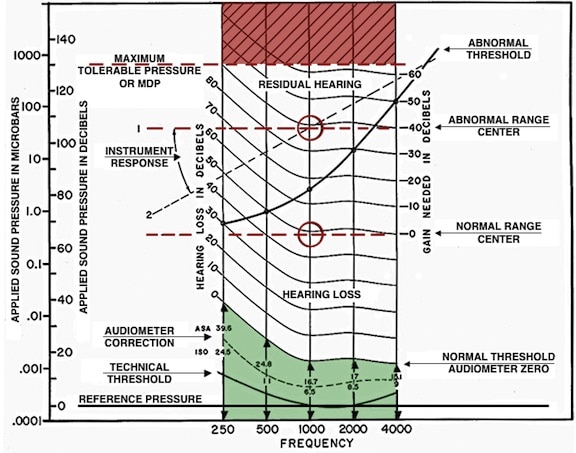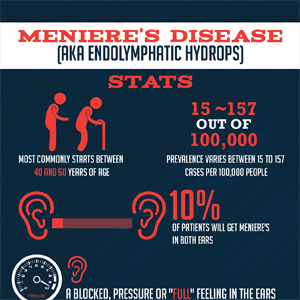Feb. 07, 2017
In my relatively new position running a Balance Disorders program at a large teaching hospital, I am exposed to a very different patient population than what I encountered in my private practice. One example of this is being exposed to patients that have recently undergone cochlear implantation. One recent case triggered my curiosity about how often a patient might







